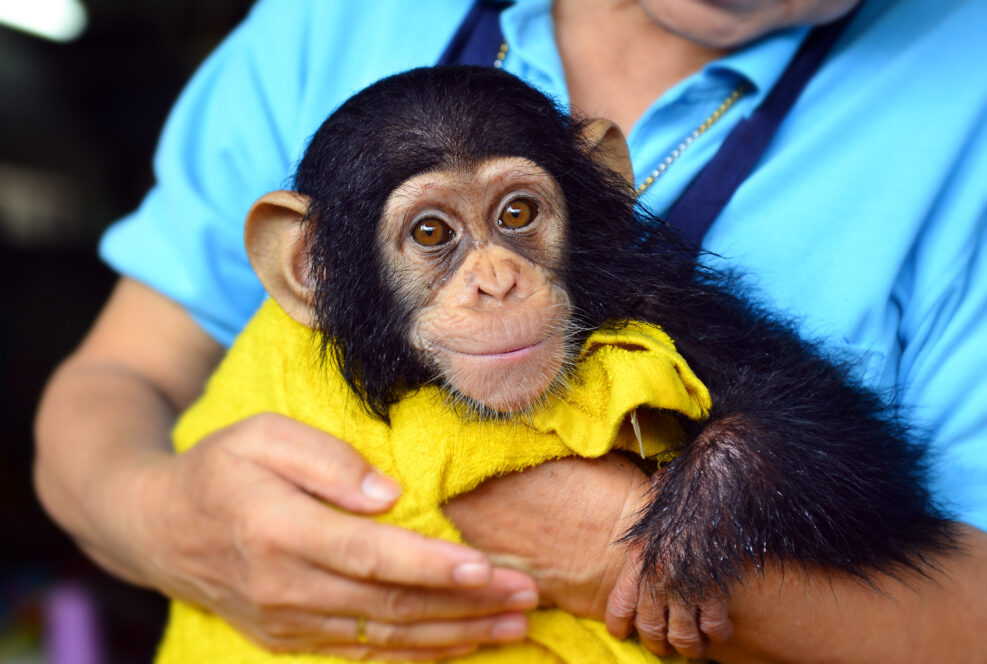
How Do We Know What Is Real? Philosopher J. P. Moreland Can Help
This coming August will mark the beginning of a battle that I began with three different forms of cancer that I continue to this day to be fighting. I don’t know how long I have… When is it okay to disagree with what the majority of experts in a field believe? … I’m going to go with the majority of experts, unless something happens. If there are two conditions present, you are justified in going against the vast majority of experts. Number 1: If the majority opinion is based on non-rational factors If there is a small, educated rebel group who publish in peer-reviewed journals and high quality books who have provided an alternative paradigm. (July 9, 2018) Remember Moreland’s Read More ›


















